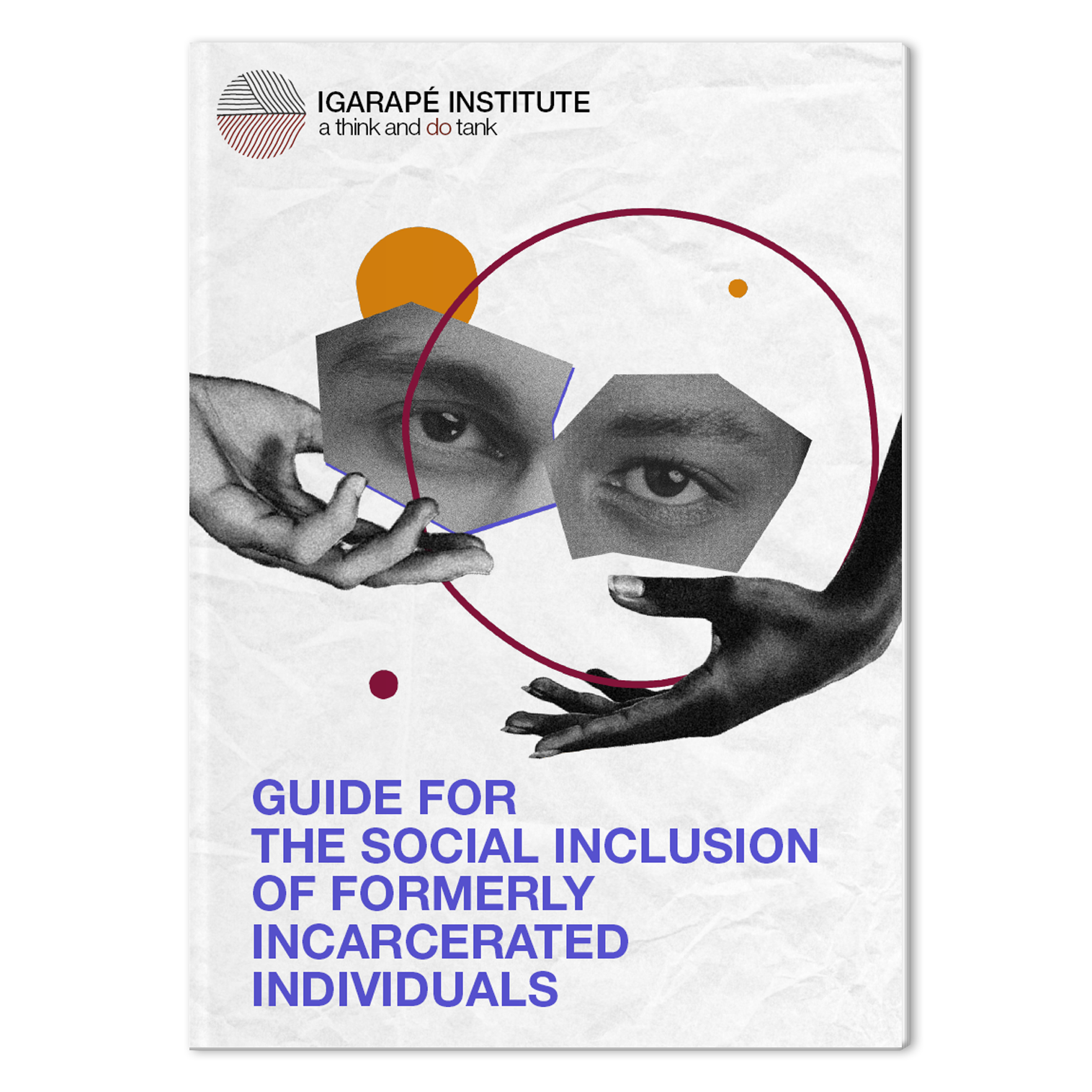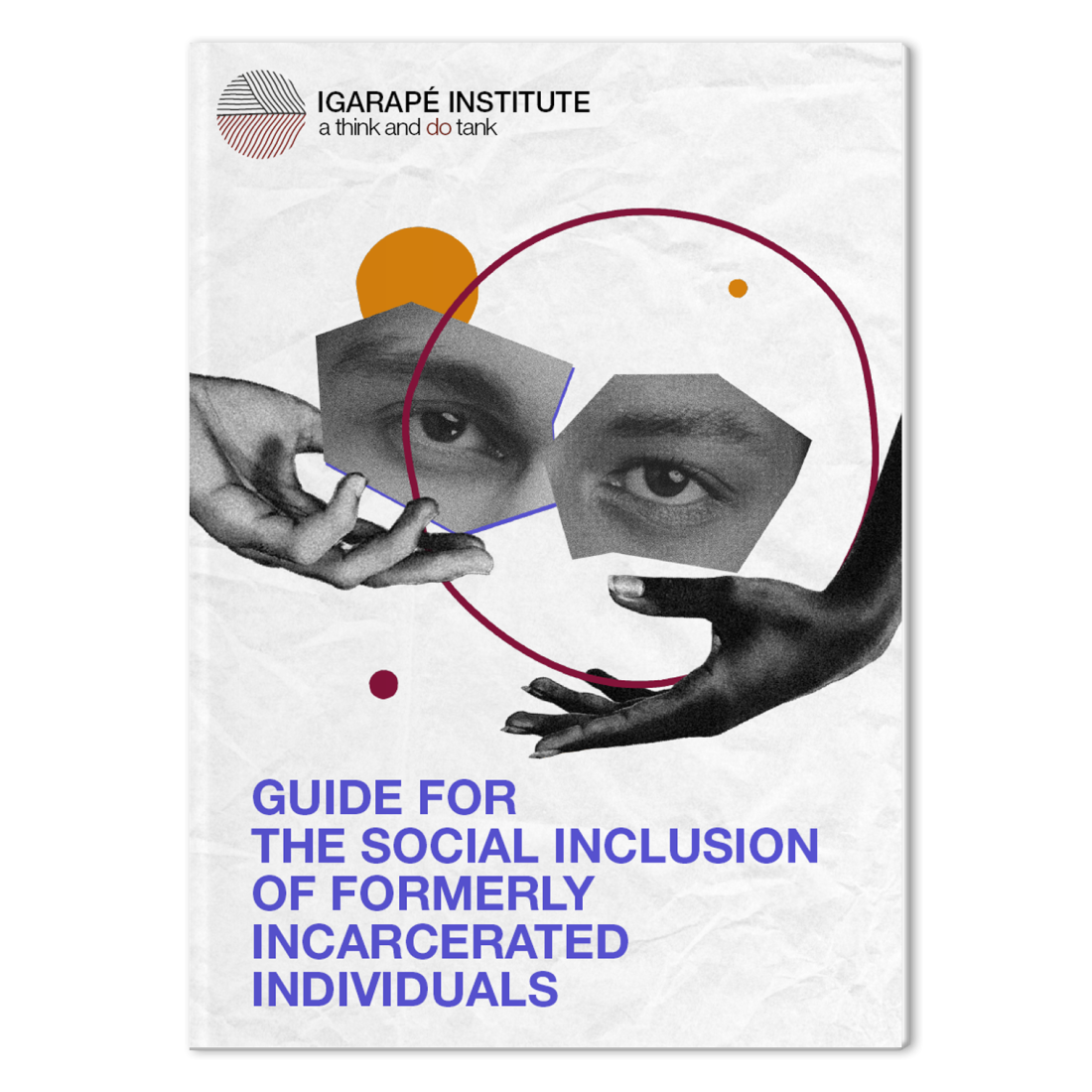Guide for the Social Inclusion of Formerly Incarcerated Individuals

The social inclusion of formerly incarcerated individuals is a global challenge that requires reforms in the justice system, strengthening of the rule of law, and the implementation of specific public policies. This guide presents a synthesis of strategies adopted by programs on the topic in different countries, including Brazil, which can serve as a model for implementing and improving initiatives nationwide.
Brazil ranks third in the world in the absolute number of incarcerated individuals, reflecting social, racial, and educational inequalities present in its prison population and highlighting the selectivity of the justice system, which tends to predominantly imprison young, low-educated Black individuals.
Upon release, former prisoners face numerous challenges, such as difficulty accessing support and assistance programs due to limited availability, which is generally concentrated in capital cities. It is necessary to invest in overcoming this scenario by implementing and improving programs and strategies, considering regional specificities and significant variations in incarceration rates among states.
Without preparation and material, financial, psychological, and social support, the challenges for social reintegration become often insurmountable obstacles. This not only makes communities more insecure but also contributes to criminal recidivism, establishing a vicious cycle of crime and social rejection.
This guide was developed to support the reversal of this scenario by adopting a rights-guarantee perspective. Its objective is to assist in the implementation and improvement of initiatives directed at the social inclusion of formerly incarcerated individuals across the country. Based on the analysis of 123 national and international programs for the attention of former prisoners, this document presents the purposes of these programs and details the strategies adopted.
Read the publication
Learn more about the Social Reintegration of Former Inmates Programs and the Prisoners and Former Prisoners Program on the Citizen Security page of the Igarapé Institute and the Portal for Freedom project website.



